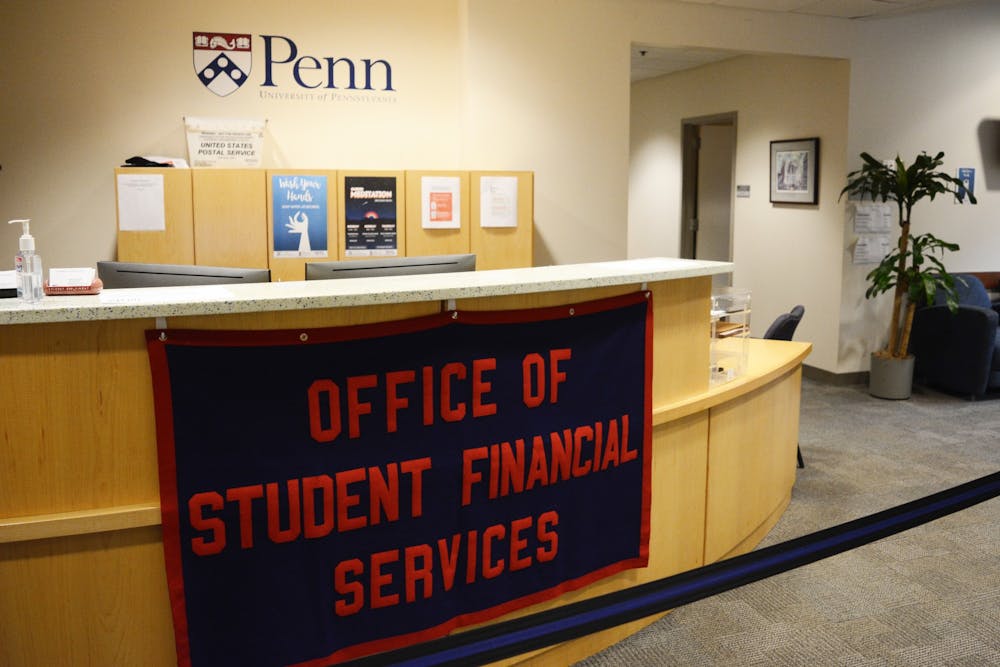A pandemic works as a highlighter, gliding its hands over the most vulnerable populations, lighting them up with fear and uncertainty.
In the wake of Penn’s decision to extend spring break for another week and subsequently move all classes online for the remainder of the semester, my fears land with the most vulnerable populations who feel the weight of this decision the hardest.
These are international students, exchange students, low-income students, students who don’t have healthy home environments to return to if they’re being forced off campus, and the service workers and small business employees around Penn who will now face uncertain pay with the closing of our school.
Though President Amy Gutmann admitted in the email she sent out on March 11 that many details are still being finalized, she did assert that “University staff will be available and do their best to assist departing students.” Students living on campus were asked to depart by March 17 and told that the school would work with the students to ensure storage or the return of their belongings.
This means immediate work for some employees on Penn’s campus who will help with the so-called “transition.” But what about after almost all of Penn’s students have left campus? What will happen to the service workers who rely on their wages to pay their rent and support their families?
Gutmann expressed that, “We will support those students living in the College Houses or University housing who are absolutely unable to return home for personal reasons.” What about the service workers whose home is right here, provided by their work at this university? Has Amy Gutmann created a contingency plan for the absolute disruption of their lives?
My twin sister, a work-study student at UCLA’s Hillel, called me yesterday worried about being able to support herself with her work-study being temporarily stalled due to UCLA’s decision to remotely hold classes for two weeks following their spring break. She told me that a friend of hers, a janitor at UCLA, just recently quit his second job in order to work more hours for UCLA.
She said he will most likely end up losing his home if he can’t work those two weeks that UCLA closes its doors. Magnify this dire need for a steady income by an entire half a semester's worth of work, and you can see how a contingency plan for a ‘novel virus’ can’t be as simple as just getting everyone off-campus to clean and spend time in their childhood homes. The people who work at this institution and make the lives of its students easier every day deserve to be supported just as much as we do.
SEE MORE FROM SOPHIE DUROSE:
All of Penn’s service workers and employees who can’t do their job virtually should be compensated. A killer virus is scary and no one wants to catch it. But homelessness is scary too. Not having the money to feed your kids is terrifying. Running out of overtime pay and not being able to afford the car payment or the electricity bill is frightening. Yet hopefully the last three conditions are avoidable.
Penn has over a 1$4 billion endowment. If a killer pandemic isn’t the perfect time to use some of it, I don’t know when is.

SOPHIA DUROSE is a College junior from Orlando, Fla. studying English. Her email address is sdurose@sas.upenn.edu.









